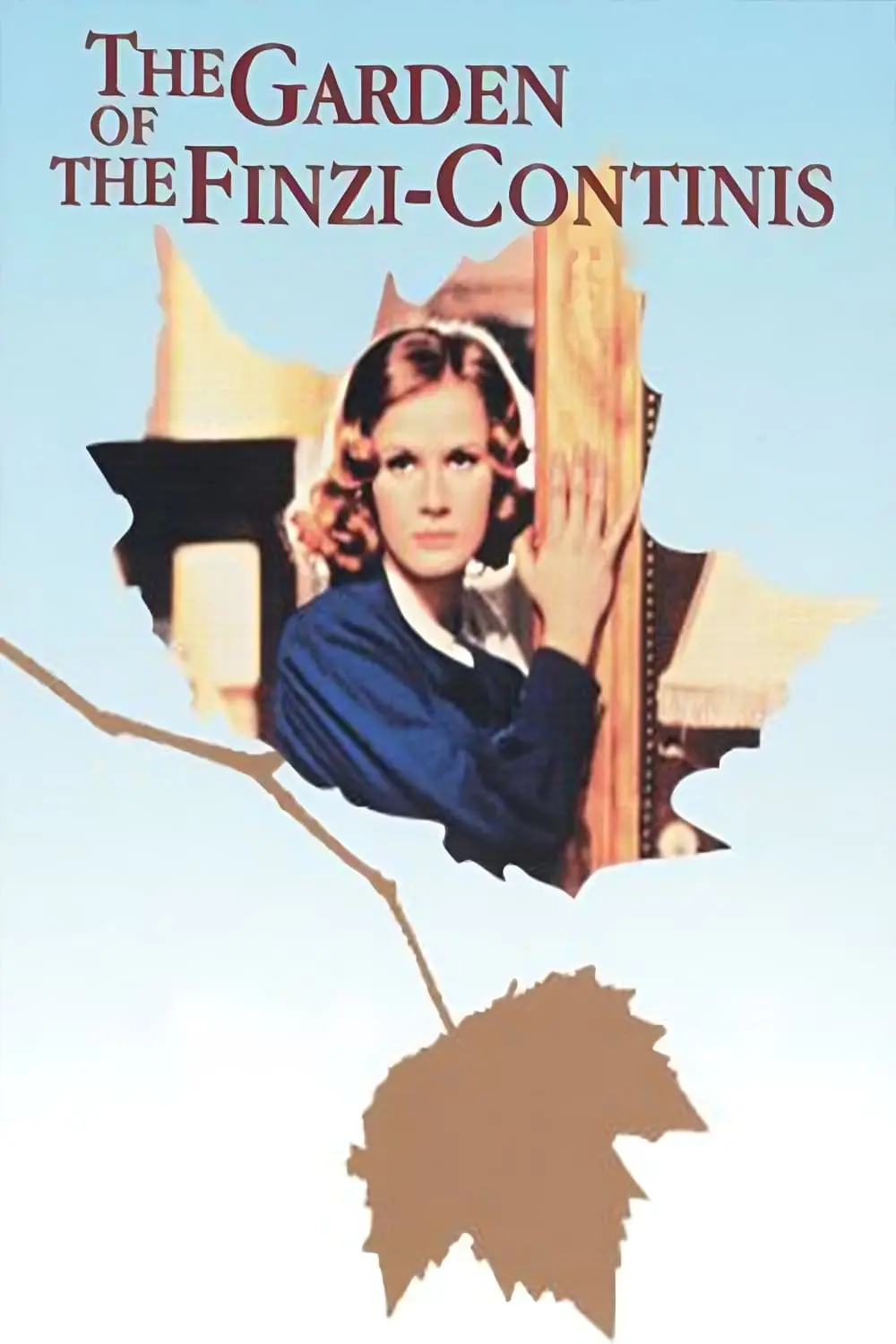In 1930s Italy, amidst growing anti-Semitism and the shadow of war, the lives of a group of young Jews revolve around a beautiful garden that becomes their refuge and symbol of hope. The story centers on the Finzi-Contini family, who, despite the looming threat against them, seek to preserve their privileged lifestyle. The family's son, Micol, is a young and charming woman who catches the attention of Giorgio, a middle-class boy who frequents the garden.
As their relationship develops, Giorgio falls madly in love with Micol, enjoying the innocence of the days spent together, surrounded by laughter and games in an idyllic setting. However, the threat of the fascist regime looms over them like a dark cloud; the outside world begins to infiltrate their small paradise. Over time, the tensions become palpable, and the warm, carefree atmosphere of the garden turns into a painful reminder of the fragility of their happiness.
Through an intimate and evocative narrative, the film addresses themes of love, loss, and the inevitability of change. It is a work that, although set in a turbulent time, resonates with the universality of the human experience, capturing the sweet melancholy of a time that was quickly fading away. In the end, the garden represents not only a physical space but also a symbol of what is lost when the world turns inhospitable.
